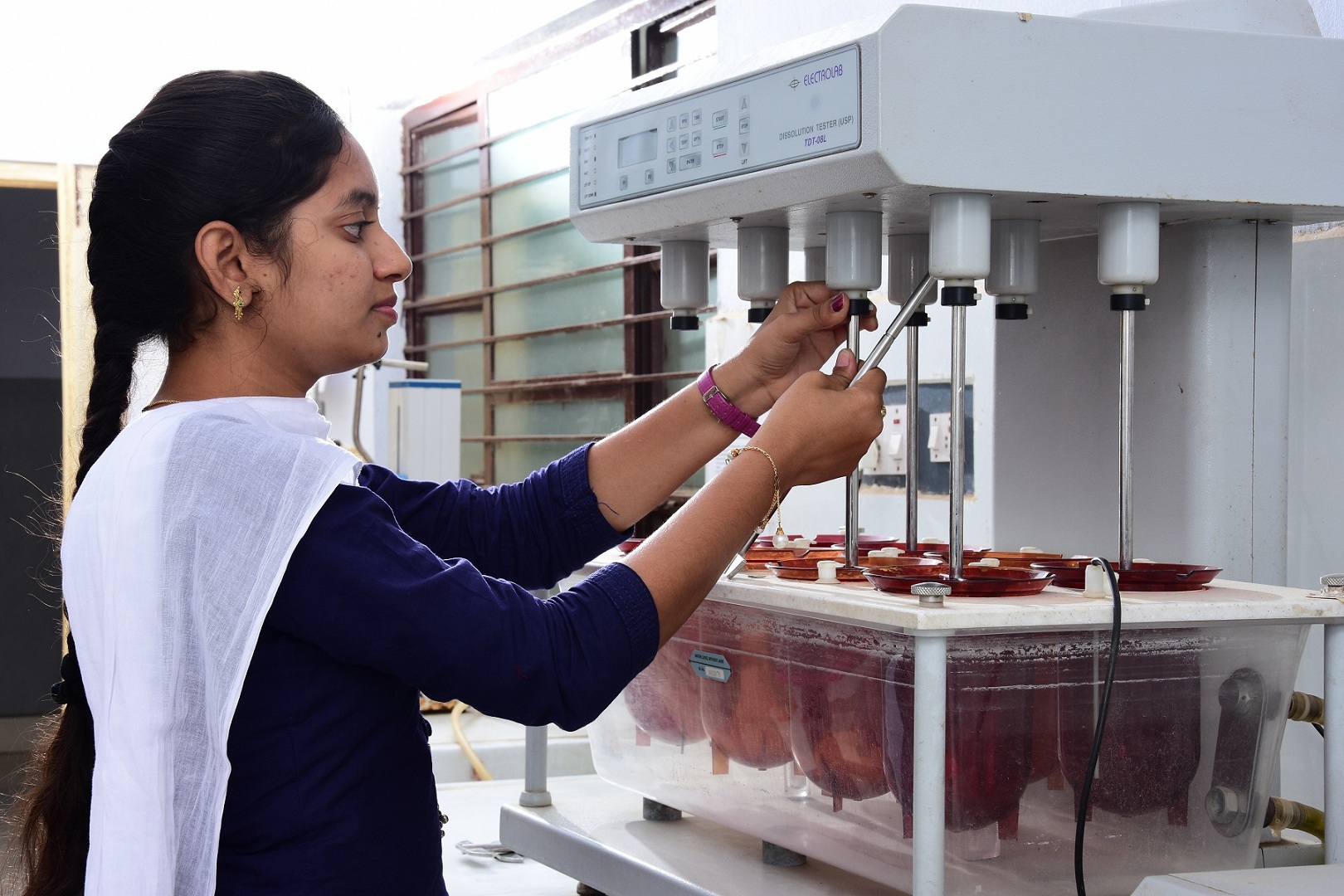Problems of young specialists in the field of pharmaceutics

Pharmaceutics is one of the industries that provide the population with socially significant products. In the light of this, it is especially important that it corresponds to the current level of technology development. However, at the moment there are quite a few problems in the pharmaceutical industry. The most important include:
- The technical obsolescence of many industries
- The lack of raw materials of domestic production
- The range that does not meet the current trends
- The growth in production costs following the growth of energy prices
- A tough competition with various producers
In addition, the pharmaceutical market faces the problem of a high proportion of falsified and counterfeit products. The Doctor of Medicine from Biosante pharma has prepared a list of problems young specialists face in the field of pharmaceutics.
Is the customer always right?
The most difficult part in the work of a pharmacist is communication with different customers. All the pharmacists without exception note that buyers have changed a lot recently, and, unfortunately, not for the better. They have become more capricious, demanding, and “knowledgeable” by gaining knowledge from the internet, popular TV programs, and newspapers. Also, there are a lot of customers who are rude, incredulous, scandalous, insolvent, and often insecure. They bring all their discontent and anxiety into pharmacy making the atmosphere unbearable. Let’s look at the main types of pharmacy buyers the pharmacists have to deal with.
Buyers who need to be diagnosed
Many people come to the pharmacy bypassing the doctor. In this case, the pharmacist should remember the following:
- Do not try to substitute a doctor
- Do not decipher the tests and do not make diagnoses
- In case of serious symptoms, it is strongly recommended that a visitor immediately consults a doctor and takes the necessary tests to establish an accurate diagnosis
- In serious cases, warn the visitor about possible severe and incurable consequences.
Those who came for advice
There are also buyers who have already purchased the drug elsewhere come to get advice on its use or side effects in the pharmacy. In this case, a professional should do the following:
- Provide professional help and give qualified advice to the visitor in any case
- Explain to the buyer that sometimes it takes much more strength and money searching for a cheaper drug in another pharmacy and then getting a consultation someplace else than buying the drug and consulting in one place.
Those who prefer natural remedies
There are many people who drink vinegar to reduce pressure or tar from throat and lung cancer following the recommendations they found in some newspaper or heard about from a well-known TV show. To the great regret, many people faithfully believe in the media and follow what was said or written there.
Actions of the pharmacist in this case:
- Do not try to convince or argue with the buyer
- Professionally, reasonably, preferably with examples, warn the buyer about possible harmful consequences of natural remedies
Buyers who like to give advice
No pharmacist will like it when some “adviser” intervenes in his conversation with the buyer, loudly and confidently advising him to buy a completely different drug; or when such customers begin to advise on the spot other visitors. In this case, it is necessary to maintain confidence, endurance, professionalism, and make it clear to the buyer-adviser that you are the leader in the situation. Hearing such conversations in the queue, it is necessary to immediately seize the initiative, firmly and calmly interrupting the “advisors.”
Internet users
There are also cases when the panicking buyer demands from the pharmacist a certain drug because he has diagnosed himself with a certain disease – a hypochondriac person has diagnosed himself with the help of the internet. This is not uncommon when the buyer himself determined the illness (most often very serious), learned how to cure it, and requires selling him prescription medications.
Actions of the pharmacist:
- Find out who has made the diagnosis
- Tell (if possible) about the effect of autosuggestion
- Ask to consult with the doctor and pass necessary tests
- Warn about the unfortunate consequences of using serious medications with an unidentified diagnosis
Other problems pharmacists face
There is a certain risk of contracting acute respiratory infections, especially during epidemics. The risk is low but much higher than in public transport because usually sick people come to the pharmacy to buy medicines. The capacity of institutions is large, disinfection is weak, and contact with the buyer is close. If you do not protect your health, you will suffer from constant colds. By the nature of their activities, employees of the pharmacies have contact with various medicines, not all of which are absolutely harmless. Some have a fairly aggressive structure and are capable of causing allergic reactions even in absolutely healthy people. Some pharmacies have a 24-hour mode of operation, which means that part of the shifts will be overnight. Not every person can normally adapt to such a regime.
